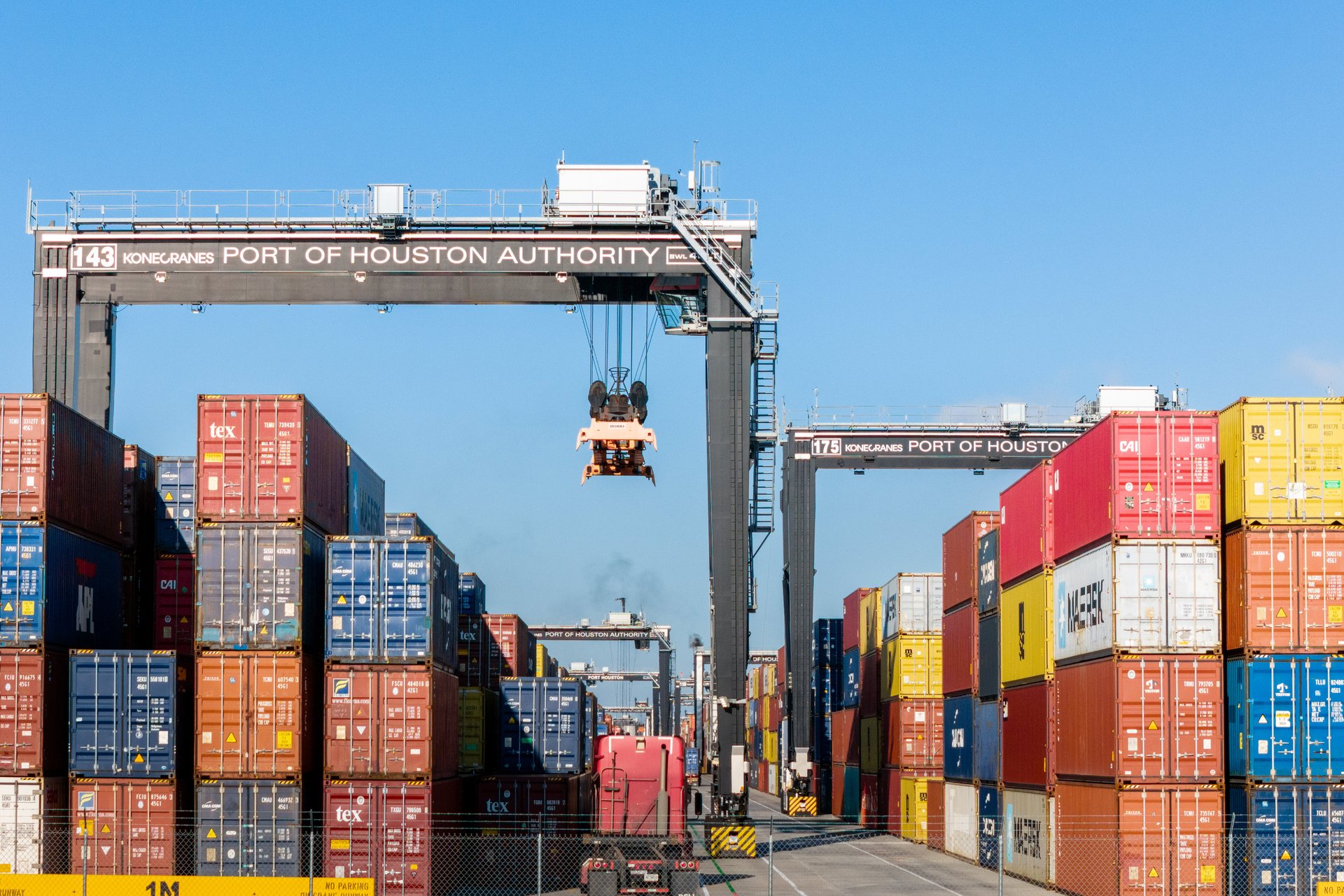A massive U.S. port strike is just hours away
It could start as soon as Tuesday morning and cost up to $5 billion per day. The dockworkers union says companies are blocking talks

The International Longshoremen’s Association (ILA) on Monday accused the alliance representing employers operating at more than a dozen major ports of blocking negotiations, paving the way for a devastating strike to kick off in roughly 12 hours.
Suggested Reading
The ILA represents more than 85,000 workers and has been negotiating with companies, terminal operators, and port associations represented by the United States Maritime Alliance (USMX) since last May. Thousands of workers across the East Coast and Gulf Coast are poised to strike as soon as 12:01 a.m. ET Tuesday.
Related Content
“The Ocean Carriers represented by USMX want to enjoy rich billion-dollar profits that they are making in 2024, while they offer ILA Longshore Workers an unacceptable wage package that we reject,” the ILA said in a statement.
‘It’s disgraceful that most of these foreign-owned shipping companies are engaged in a ‘Make and Take’ operation,” the union continued. Many members of the alliance are foreign organizations, such as Danish shipping firm Maersk (AMKBY) or China’s state-owned Cosco Shipping (CICOY).
Both Maersk and Cosco have been bashed by the ILA for not translating their profits to better wages for longshoremen. Cosco, for example, recorded revenue of $63.22 billion in 2022, according to the ILA, while Maersk took home more than $51 billion in revenue last year.
The USMX last week filed an unfair labor practice charge and requested the National Labor Relations Board require the union to resume bargaining. The White House and several federal agencies have moved to help the parties negotiate and avoid walkouts that could devastate the national economy.
Ports and facilities handling approximately 51% of the nation’s overall port capacity would be affected by the potential walkouts, according to the Mitre Corporation. A strike would impact almost every industry, delaying everything from shipments of foreign fruit to supplies for automakers and pharmaceutical companies.
The potential damage of such a strike is expected to cost somewhere between $1 billion and $5 billion per day, according to analysis from shipping container marketplace Container xChange and J.P. Morgan (JPM). Oxford Economics has said a prolonged strike could impact up to 100,000 jobs and reduce U.S. economic activity by between $4.5 billion and $7.5 billion for every week it persists.
“The congestion and delays at these major ports will severely impact the availability of containers, increase costs, and disrupt schedules,” Container xChange CEO Christian Roeloffs, whose company works with more than 1,500 shipping companies, said in a Thursday advisory to customers.
Shipping companies, including members of the USMX, have started making adjustments and warning customers to get their affairs in order before the strike.
Hapag-Lloyd (HPGLY) plans to implement a “work interruption destination surcharge” for imports to the U.S. Gulf and East Coasts. Maersk has issued a similar surcharge that will go into effect on Oct. 21, depending on the impact of the potential disruption to the supply chain. Another major player, CMA GCM, announced on Sept. 17 a series of changes to its charges for the ports, which would come into effect on Oct. 11.
“It’s unheard of and they are doubling their $30,000 fee stuffing the same container from multiple shippers,” the ILA said Monday, broadly referring to companies’ adding surcharges due to the potential work stoppage. “They are killing the customers.”
